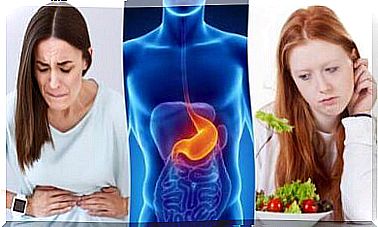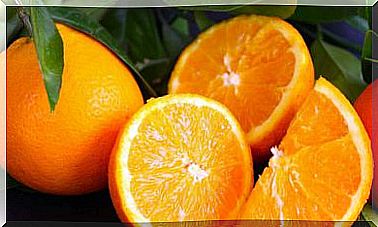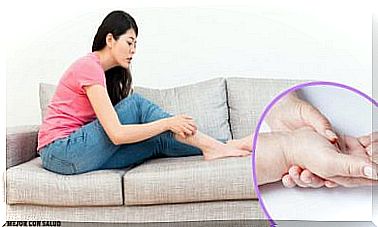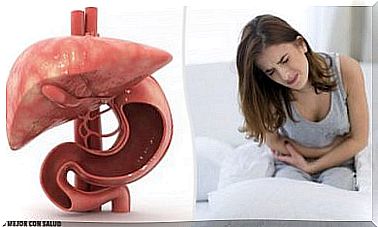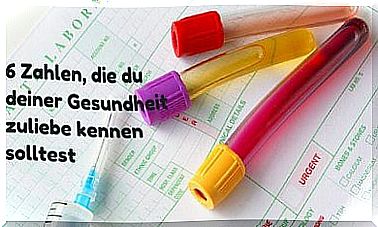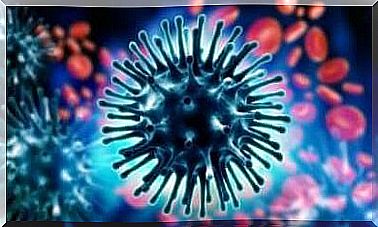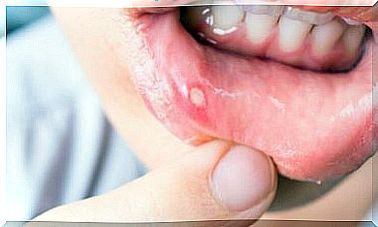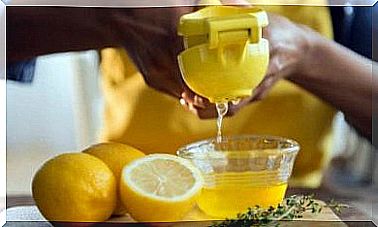Lose Weight Satisfied With Salad?
Trying to lose weight with just a salad is a bad idea.
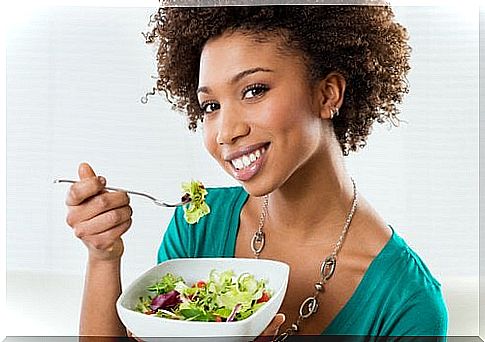
Anyone who thinks they only want to lose weight with a salad will soon find out that this is not a good idea.
In addition to the constant feeling of hunger, there is a bad mood, followed by hunger pangs and an even worse mood. We explain why this is so here today.
What’s in the salad?
Generally speaking: nothing! Or better: not much!
Of course, Sala t contains vitamins, minerals, phytochemicals and fiber, but far less than you think!
It has to be a very large plate of lettuce for you to benefit from it. And then, actually, you already know, the salad dressing is the problem.
The more salad you eat, the more sauce you take with you. And nobody has to tell you that this is a fat and calorie bomb!
Just for a quick overview and comparison: One tablespoon of oil contains 10-12g fat and therefore at least 90 calories!
You will certainly mix most salad dressings with the “Schwupp” system, ie “a Schwupp oil and a Schwupp vinegar …”.
If you make your sauce like this just once, using a tablespoon as a dosage, your eyes will open …
There is not much else in the salad that your body really needs to function properly.
First and foremost, it gains energy for all important body functions from three macronutrients: carbohydrates, protein and fat.
As long as your salad isn’t a pasta, rice or potato salad, it hardly contains any carbohydrates. If it is not an egg, cheese or meat salad, it does not contain any protein.
Just fat, and too much of it. What exactly does your body need carbohydrates and protein for and why is it so important for losing weight?
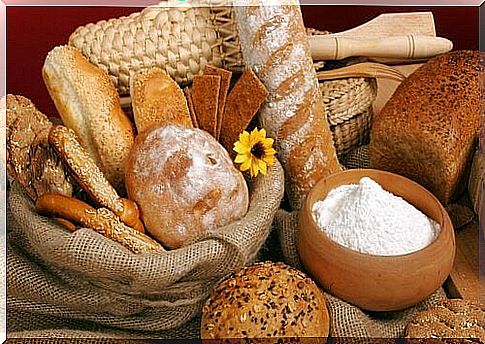
carbohydrates
The main source of energy for almost all types of activity is carbohydrates. If you eat too little of it, the carbohydrate stores in the muscles and the liver are under-stocked, which limits physical (and also mental!) Performance.
An optimal supply of carbohydrates noticeably improves the overall constitution of the body.
In addition, your body can produce happiness hormones from complex carbohydrates (= grain products) .
So if you eat enough carbohydrates, your mood will rise too.
That’s why people who eat salads or other carbohydrate-free diets are not really pleasant contemporaries.
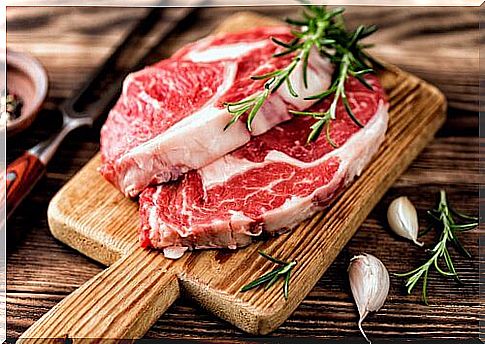
protein
During normal physical activity, the (normal weight!) Body must be supplied with approx. 0.8 g of protein per kilo of body weight.
The actual protein intake in Germany exceeds this recommendation by approx. 50% and is approx. 1.2g per kg of body weight per day.
This value of 1.2g per kilo of body weight corresponds exactly to what the body should be given to build muscle during training phases.
Therefore, a protein supply through special protein preparations and “powder” is not necessary, on the contrary: Too high a protein supply stresses the kidneys, since excess protein is not metabolized, but has to be excreted again via the kidneys.
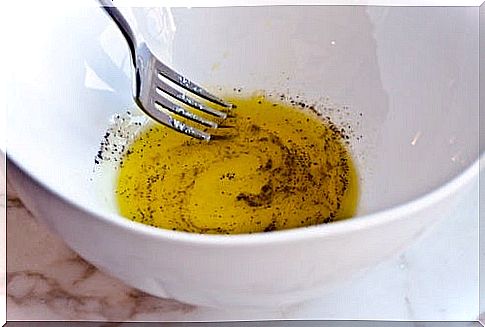
fat
Dietary fats are suppliers of essential fatty acids, they are vitamin carriers and also vitamin suppliers and ultimately, as flavor carriers, they also ensure that a dish tastes “round”.
However, due to the many hidden fats in food, a fat-free diet is practically impossible.
However, fat also has the highest calorie density and more than twice as many calories per gram as protein or carbohydrates. Excessive fat consumption is known to lead to obesity and nutritional diseases.
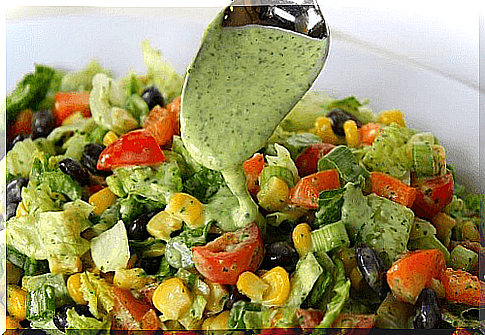
How can you lose weight with a salad?
Salad is delicious and of course goes well with a healthy diet.
All you have to do is make sure that it contains enough of all the macronutrients if you want to enjoy it as a full meal. These values are roughly:
- Carbohydrates : Depending on how muscular and active you are, you will need at least 60-80g complex carbohydrates per meal. This could be, for example: 1 slice of rye bread: approx. 20g carbohydrates, 100g oat flakes (approx. 8-10 tablespoons): 63g carbohydrates, 100g uncooked noodles (approx. 1/4 pack): 60g carbohydrates, 100g uncooked rice (1 / 2 coffee cups uncooked): 74g KH. The rice or pasta salad isn’t such a bad idea!
- Protein : A person weighing 70 kg therefore needs 56g (70 × 0.8 g) protein per day. That corresponds to about 18g per meal (with 3 meals) and that in turn corresponds to a piece of meat of about 100g. And that’s just about playing cards – a large steak that can also be served as a side dish to a salad.
- Fat : The daily requirement of fat is covered with approx. 60 – 75g! This corresponds to approx. 20-25 g of fat per meal and that is already contained in just 100 g of minced meat, for example! If you eat fat, you should make sure that it is mainly high-quality vegetable oils with a healthy and balanced fatty acid ratio. A salad dressing made from pureed avocado would be conceivable.
